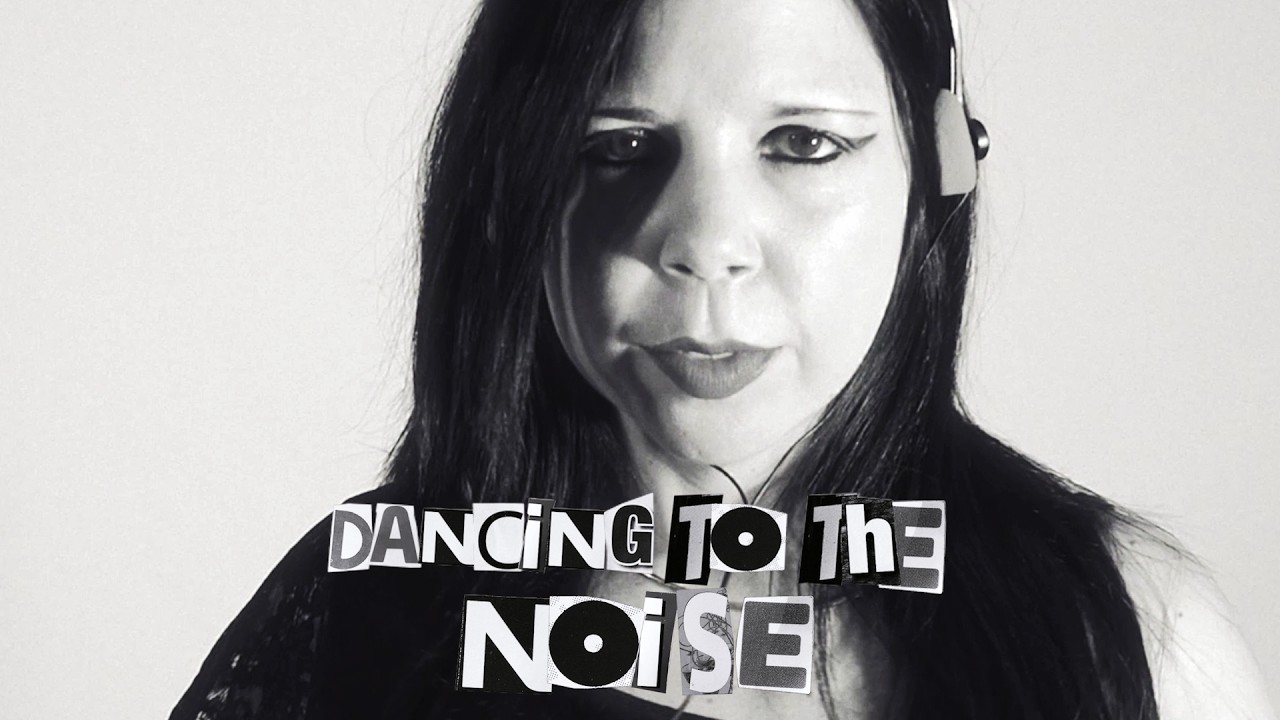

Actual communism? Yes. Authoritarians larping as communist? No. They need scapegoats to deflect the ire for their failures. Even good governments still fail. But they will have the good will and consent of the people. Authoritarians don’t have either, and have to manipulate people to keep them from rioting.
























Don’t it though